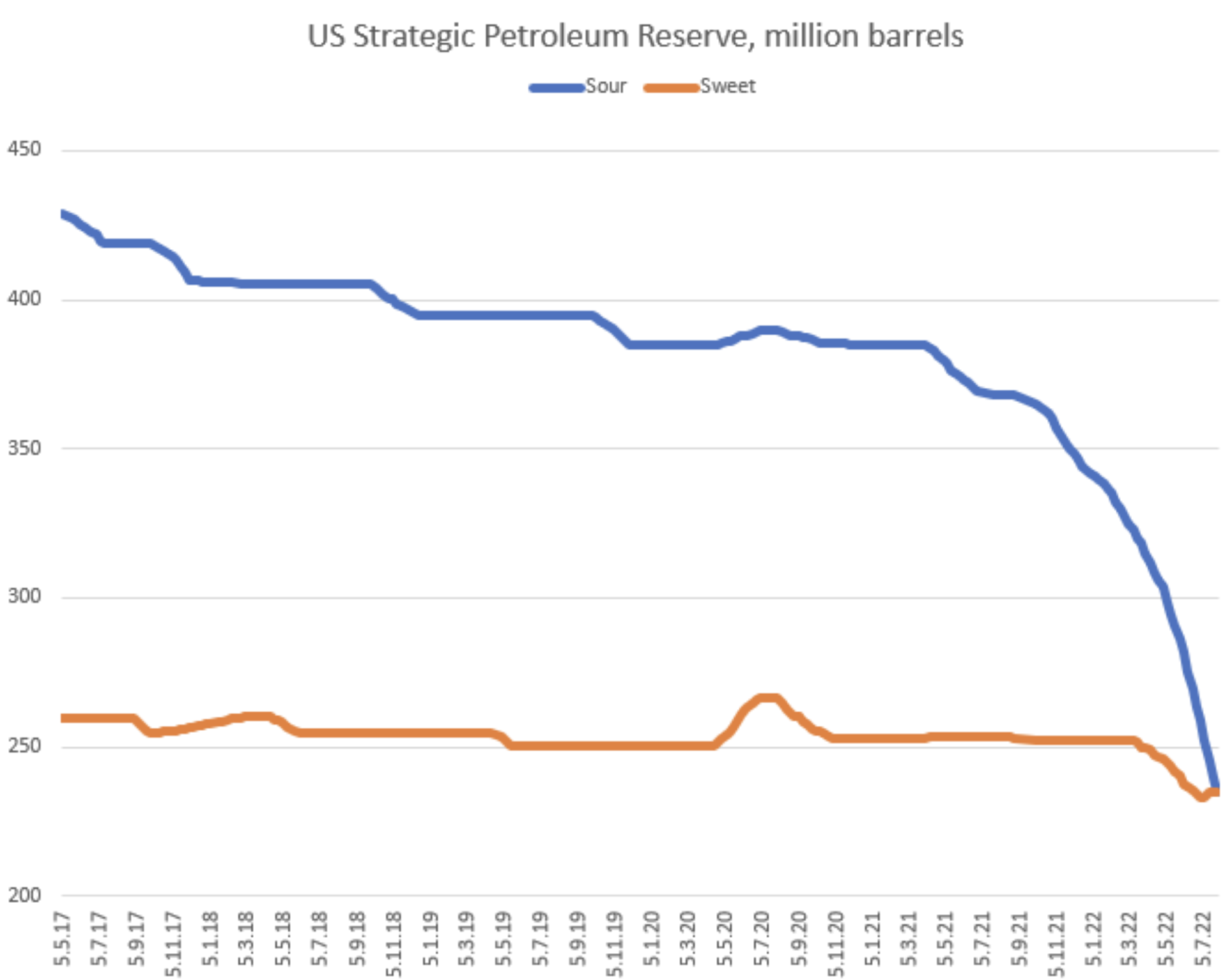Europe’s electricity and natural gas prices are skyrocketing. European electricity prices are now the equivalent of $1,000 per barrel of oil. It is easy to blame Russia, and Russia’s actions deserve a lot of blame, but Europe has been warned for forty years by American presidents from Ronald Reagan to Donald Trump, that relying on Russia for energy is dangerous.
But Europe’s problem is not just Russia. Europe has placed little value on the reliability of the grid (without Russian natural gas) while simultaneously focusing on reducing carbon dioxide emissions. Europe has reduced carbon dioxide emissions, but the costs this year alone will be immense. For example, the UK’s price cap (the default bill on combined natural gas and electricity bills) has tripled over the past two years and could double again by next April.
But Russia isn’t the only problem. Russia invaded when it was advantageous to do so because Europe weakened itself. Their natural gas production has fallen substantially over the past decade. From 2011 through 2021, European natural gas production fell by over 26 percent but over the same time period natural gas consumption fell by less than 2 percent. Despite warnings from the United States, Europe became more dependent on Russian natural gas.
Now Europe is paying the prices as businesses are closing. Here’s a list of some of the closures in the petrochemical industry over the last few weeks alone.
- August 25, 2022 – Yara announces they will further cut fertilizer production in Europe.
- August 24, 2022 – Lithuania’s biggest fertilizer maker suspends production over soaring natural gas prices.
- August 23, 2022 – Grupa Aztoty, Poland’s biggest chemical company “halted production of nitrogen fertilizers and trimmed output of ammonia because of record gas prices.”
- August 23, 2022 – Polish company Anwil, a unit of oil company PKN Orlen SA halted production of ammonia.
- August 23, 2022 – German aluminum smelter Speira GmbH considers cutting production by 50 percent in response to surging electricity prices.
- August 20, 2022 – CF Industries fertilizer factory in Ince, Cheshire is closed.
- August 17, 2022 – Norsk Hydro to shutter Slovakian aluminum smelter (Slovalco) next month.
- August 16, 2022 – Nystar announces they will halt production at their Budel zinc smelter in the Netherlands in September.
The high price of natural gas and electricity are starting to threaten a lot of other businesses as well. In the UK, many businesses have expiring energy contracts and are looking at massive price increases. For example, Valley Grown Nurseries, just north of London is looking at a $17 million energy bill when their current contract expires in the next few months, but only has revenues of just under $6 million. It’s not just farms, but also the hospitality industry. Pubs are looking at energy price increases of 250 percent over last year. How are pubs to survive when they need to pay over $115,000 just for electricity and natural gas?
The energy situation in Europe is ugly. And worse, who will want to invest in Europe after this energy shock? Why would anyone risk capital knowing that things could get back again? Unfortunately, the Biden Administration is following Europe’s lead, choking off domestic and North American secure supplies of energy and pushing for more part-time energy sourced in China. A famous European raised in the U.S. once said, “Those who cannot remember the past are condemned to repeat it.” George Santayana must be shaking his head.



